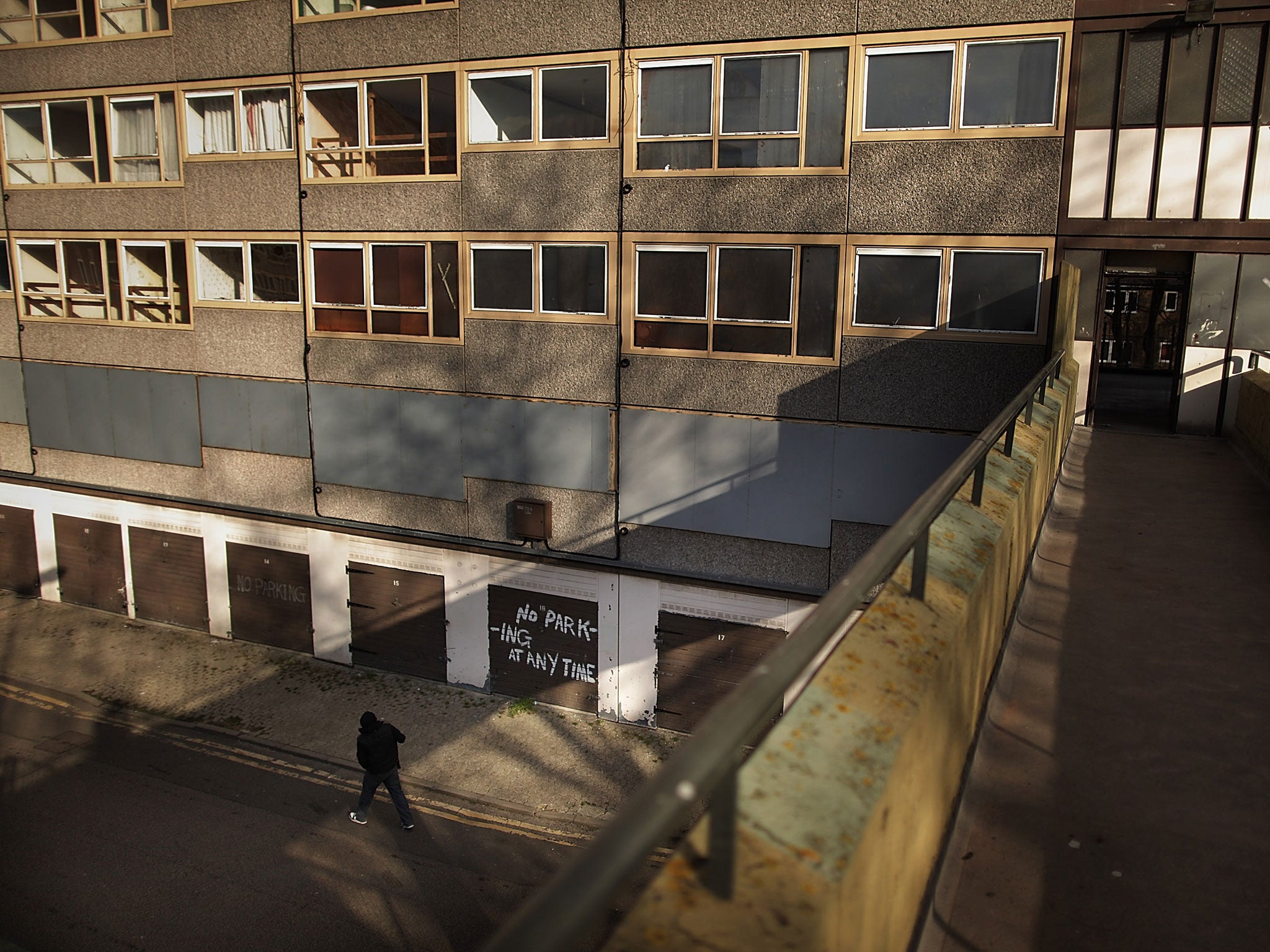What even is affordable housing?
The definition of this vanishing resource slips all over the place

Your support helps us to tell the story
From reproductive rights to climate change to Big Tech, The Independent is on the ground when the story is developing. Whether it's investigating the financials of Elon Musk's pro-Trump PAC or producing our latest documentary, 'The A Word', which shines a light on the American women fighting for reproductive rights, we know how important it is to parse out the facts from the messaging.
At such a critical moment in US history, we need reporters on the ground. Your donation allows us to keep sending journalists to speak to both sides of the story.
The Independent is trusted by Americans across the entire political spectrum. And unlike many other quality news outlets, we choose not to lock Americans out of our reporting and analysis with paywalls. We believe quality journalism should be available to everyone, paid for by those who can afford it.
Your support makes all the difference.A friend of mine, who used to be a very senior civil servant in what was, in the 1980s, the department now known as Communities and Local Government, had a recurrent nightmare.
“I used to wake up in the middle of the night in a cold sweat”, he told me. “In my dream someone is demanding that I define the term ‘affordable housing’…”
The poor chap, who was tasked with devising and producing housing policies, used the term endlessly. It was a political buzzword, like “sustainable” used to be until the Government decided that green was becoming an expensive colour. Decades later, the worse the housing crisis becomes, the more the word “affordable” is used – but still with no definition attached.
So what IS affordable housing?
There is only one category which really fits the cap: social housing for rent, either by councils or housing associations. Or it used to: the “bedroom tax” has created questions even about the affordability of social housing.
For all other purposes, however, “affordable” is a moveable feast.
The ever-helpful Wikipedia offers the following definition: “Affordable housing is housing deemed affordable to those with a median household income”. Which is the point that separates the 50 per cent lowest earners from the Other Half.
On the Median Earnings table, the United Kingdom is in 16th place, at between £23,000 - £25,000 per household, based on 2010 salaries.
Multiplying this by four (which is not best-practice lending, but never mind) will produce a mortgage of up to £100,000.
That will buy, er, nothing in the London area. But in the next City of Culture, Hull, you can get a three-bedroom semi.
So one conclusion is that for a Londoner, most property outside the M25 may be considered relatively affordable. But what about all those “affordable” homes Boris Johnson and London developers keep going on and “delivering”?
Here’s an example. The Heygate Estate at the Elephant & Castle used to have over 1,500 council homes. They have now being demolished to make way for over 2,500 new homes. Southwark Council insists that 25 per cent will be “affordable”, but the number of social rented homes is just 79. How can this be?
Well, with no clear definition and a lot of fudging, anything is possible. So we get a plethora of “low-cost homes”, “intermediate homes”, “key workers”, “shared ownership” - sufficient to give anyone nightmares.
The Government did define one thing. It has stated that an “affordable rent” is “80 per cent of open market rent”. This is an even faster moving feast, as rents in some parts of the country keep rising.
The lowest average rents in London have been identified as being in the borough of Bexley, where they have just passed the £1,000 per month mark. In Kensington they are well over £5,000 per month and the all-London average is nearly £2,000 per month. The Government’s definition suggests that the average Londoner can “afford” to pay over £400 a week in rent. Really?
With policies like this, no wonder the housing crisis is engulfing us. I can see no safe shelter at the end of this tsunami.
Join our commenting forum
Join thought-provoking conversations, follow other Independent readers and see their replies
Comments